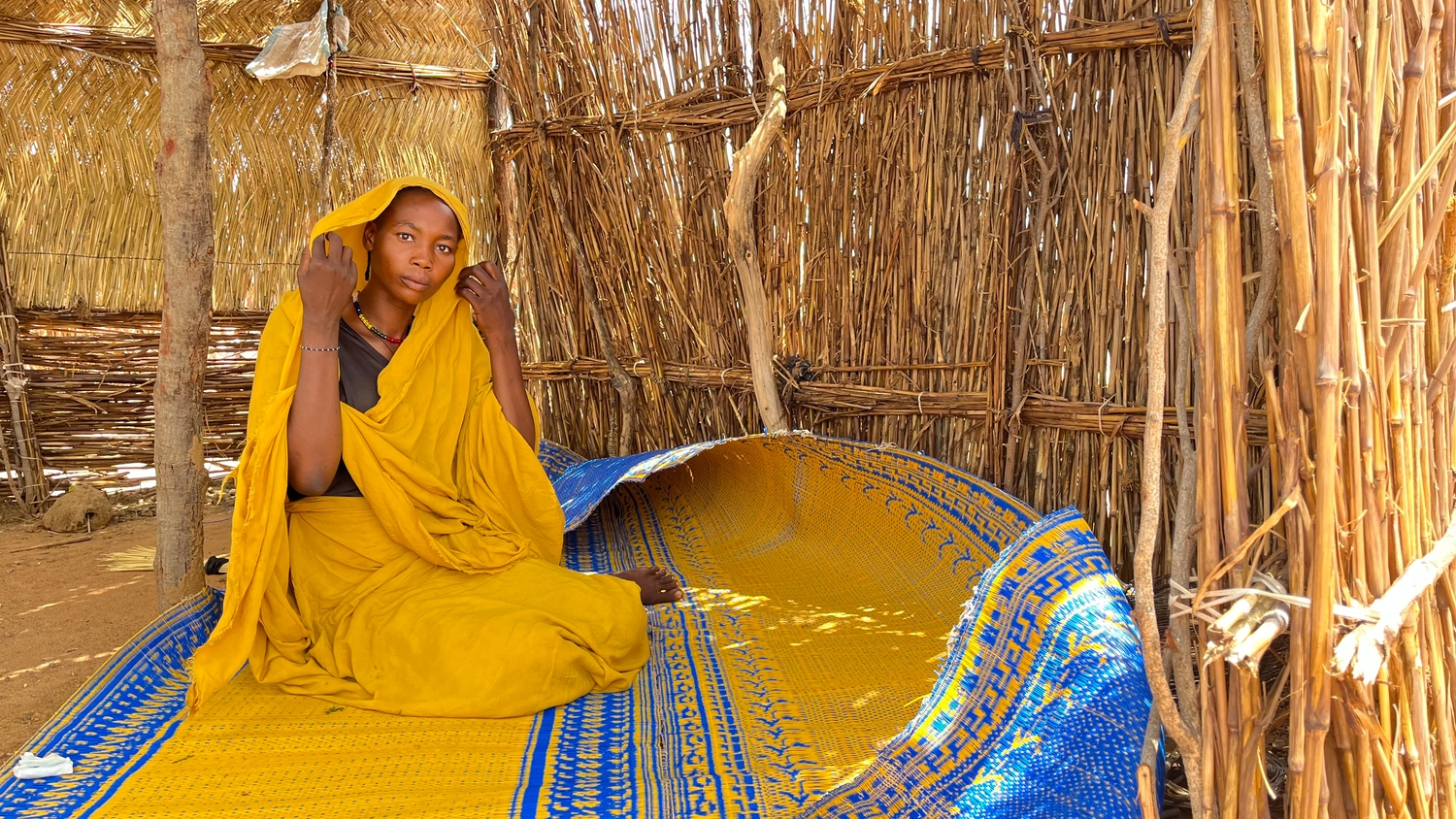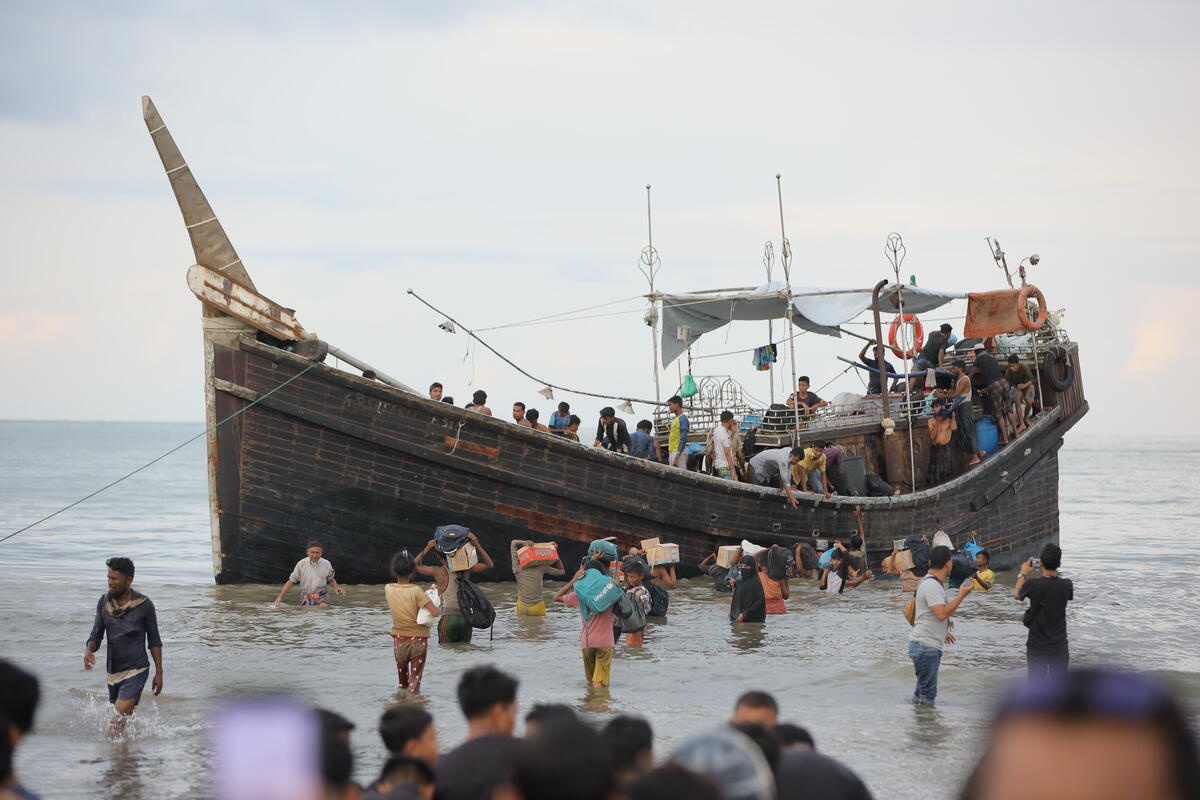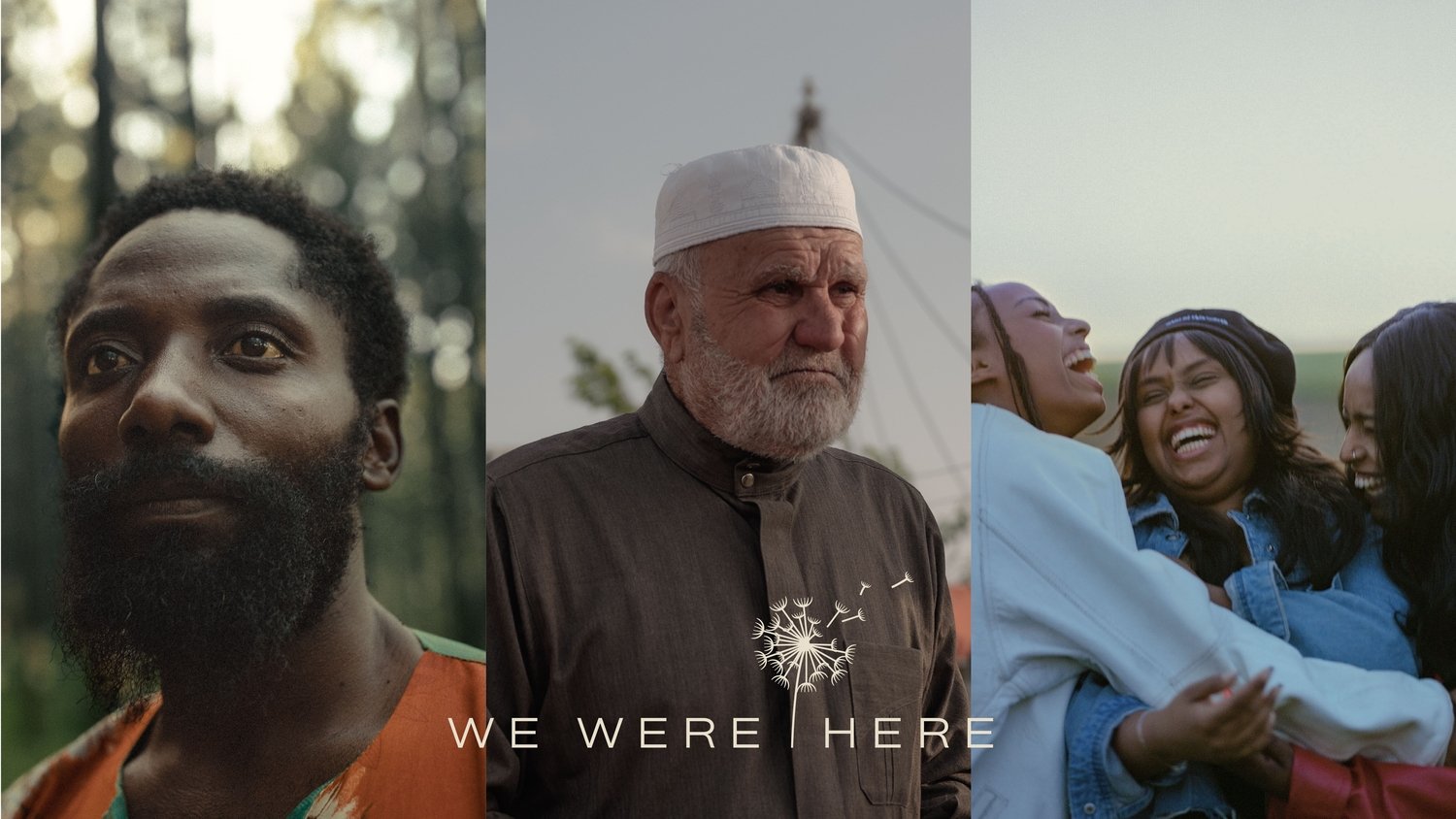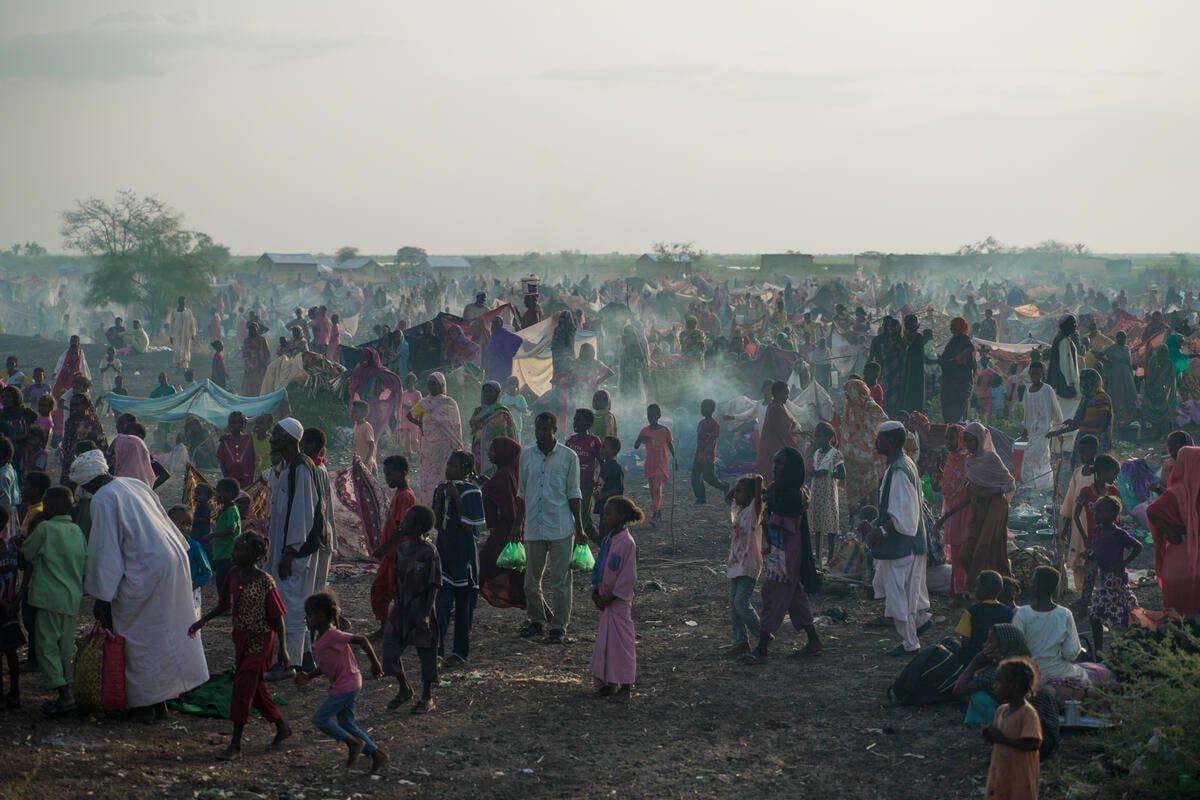Sudanese refugees fleeing Darfur find safety in Chad
Sudanese refugees fleeing Darfur find safety in Chad

Zeinab escaped to Chad with her two children after armed men attacked her home in El Geneina and killed her husband.
They shot her husband and his five brothers while she hid with her two children. Zeinab’s husband later succumbed to a gunshot wound to his stomach. Some of his brothers died days later.
After Zeinab and her children left the house “they burned it down and all the other houses around. We hid in the neighborhood and wandered around without knowing where to go,” she said.”
The fighting between two rival military factions that had started in Khartoum in April rapidly spread to other parts of the country, including the western Darfur region where it reignited long-standing ethnic and inter-communal tensions. West Darfur State has become the epicentre of conflict in the region with reports of widespread violence against civilians.
The UN Human Rights office recently said that “ethnically motivated” attacks in Darfur had resulted in the deaths of hundreds of people, primarily from the ethnic Masalit community that Zeinab and her family belong to.
A harrowing journey
After her husband’s death, Zeinab struggled to find food. “For 45 days, we had nothing to eat but beans. And we could only get water at night,” she said. “Then I heard that people were taking refuge in Chad.”
Her relatives scraped together 20,000 Sudanese pounds ($33) so that she and her children could take a vehicle towards Chad where more than 420,000 Sudanese refugees, mostly women and children, have fled since April. Many are arriving in desperate conditions, including with gunshot wounds and malnourished children.
During a harrowing journey, the car Zeinab was travelling in was stopped by armed men who singled her out for being Masalit and demanded money to spare her life. She had nothing to give them, but her driver intervened.

Zeinab and her son stand on the doorstep of their new shelter.
“They asked him for 10,000 pounds ($15) to spare me, and that's when he gave them the money not to kill me,” she said. “The children were crying, and it was thanks to the driver that I was able to save my life.”
They were stopped a second time and the driver again pleaded for her life. By the time they arrived in the border town of Adré in Chad, she and her children had not eaten for several days.
“The people of Adré gave us a warm welcome, and right away many of them contributed to buy us bread and give us food and water to drink,” said Zeinab.
Nevertheless, conditions in Adré were dire and overcrowded, with refugees living in makeshift shelters and having limited access to basic services such as water, healthcare, and food.
Mounting needs
Despite being one of the poorest countries in the world, Chad is now hosting the largest share of the more than 800,000 people who have fled Sudan, in addition to the 180,000 refugees it was already hosting, mainly from the Central African Republic, Cameroon and Nigeria. Now, one in 17 people living in the country is a refugee.
"The needs are really enormous in terms of protection and material assistance; in terms of shelter, water and sanitation,” said Laura Lo Castro, UNHCR Representative in Chad. “A lot of work has already been done, with shelters and boreholes built and health services organized, but the needs are still immense.
“We need funds to set up other refugee camps because in Adré there are still 150,000 people waiting to be relocated.”
In a joint statement this week, UNHCR and WHO sounded the alarm on the deteriorating health situation caused by the Sudan crisis. A recent screening exercise in Chad revealed that nearly 13,000 Sudanese children under five were acutely malnourished.
UNHCR is working with the government of Chad and partners to meet the immediate needs of the refugees and their host communities, but funding has been insufficient to respond to the mounting emergency needs or to allow planning for longer-term solutions and resilience-building.

A new extension has been built at Farchana camp in Chad's Ouaddaï province, where over 4,000 Sudanese refugees have been relocated from the border.
After a few weeks in Adré, Zeinab was moved to Farchana camp, one of several pre-existing refugee camps where the new arrivals have been relocated to relieve pressure on the border.
“I'm very grateful to the humanitarian workers who brought us here,” she said. “Before that, we had no shelter, no mats to sleep on, and no toilets. Now, they've given me a house, mats, blankets, and mosquito nets, and I'm quite comfortable.”
When she first arrived in Chad, she was still having nightmares about her husband’s death and crying incessantly. “It was as if I was going crazy.”
Although her situation is still difficult, she is starting to think about the future. "I'd like to have an [income-generating] activity, with the help of NGOs, to change my life and my children's situation and ask less help from others,” she said.
“I'm thinking about my children's future, their schooling. And I'd like to take complete charge of them and give them a good education, but I don't yet have my own means.”
Additional reporting by Moulid Hujale in Nairobi, Kenya
"The people of Adré gave us a warm welcome, and right away many of them contributed to buy us bread."








